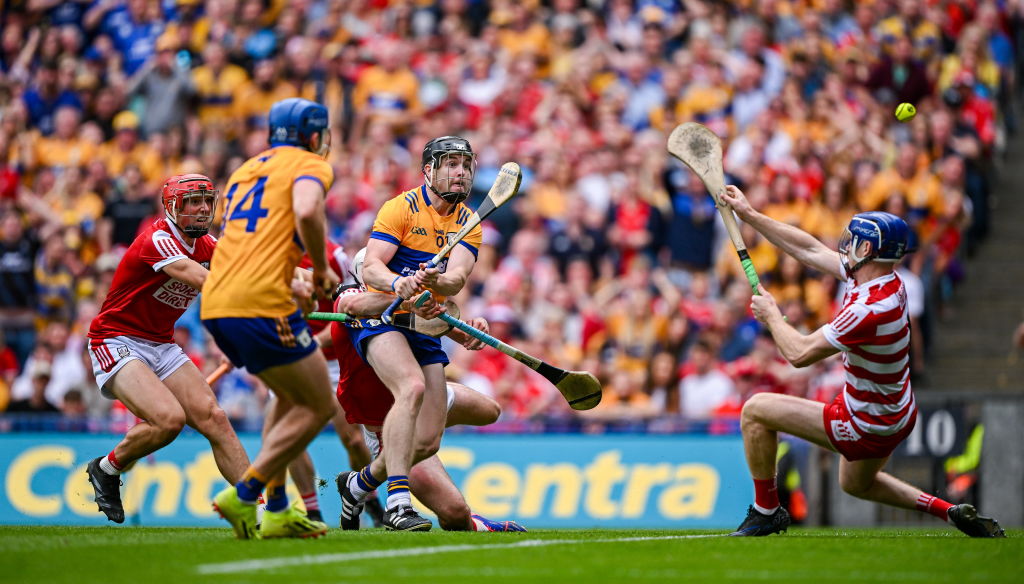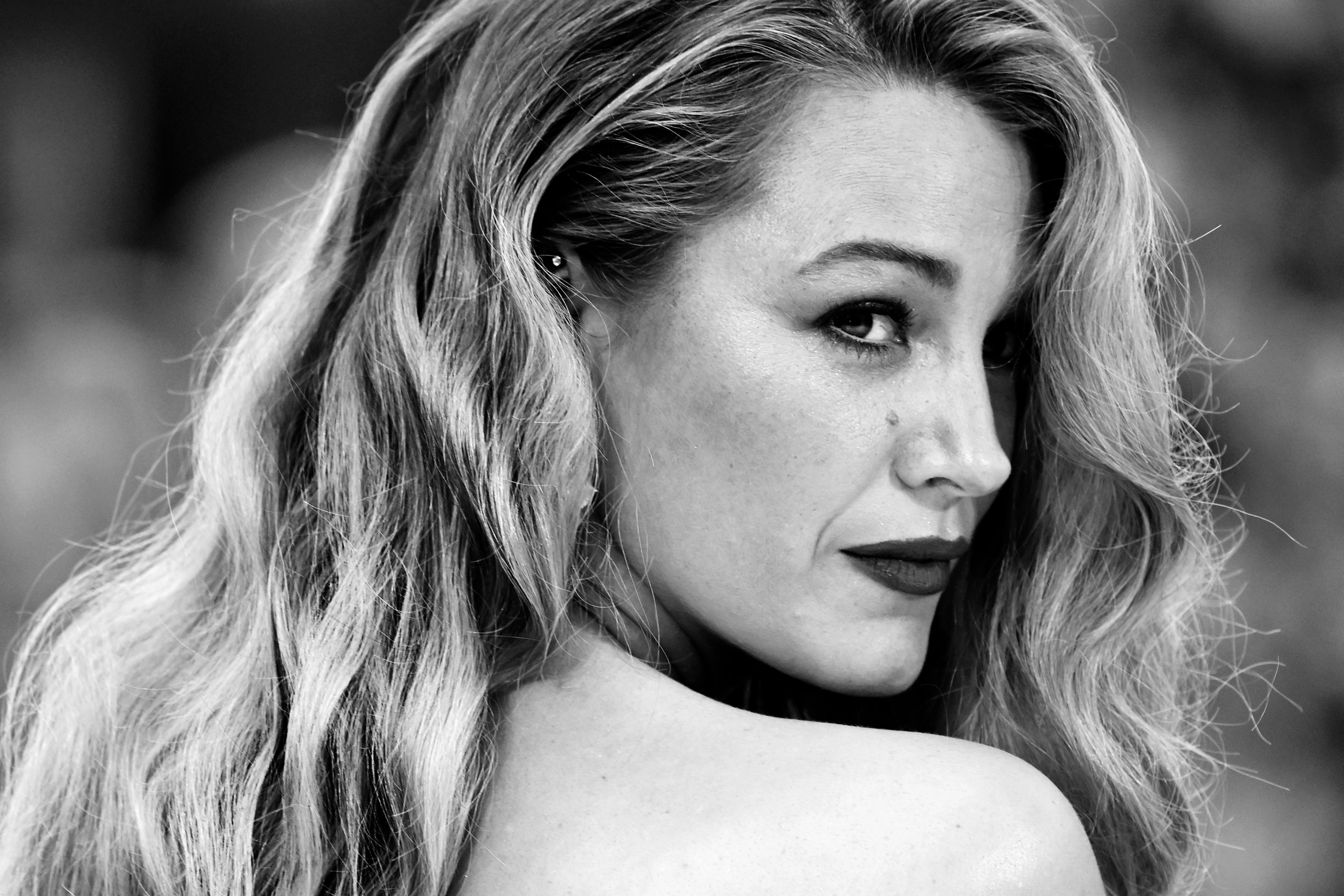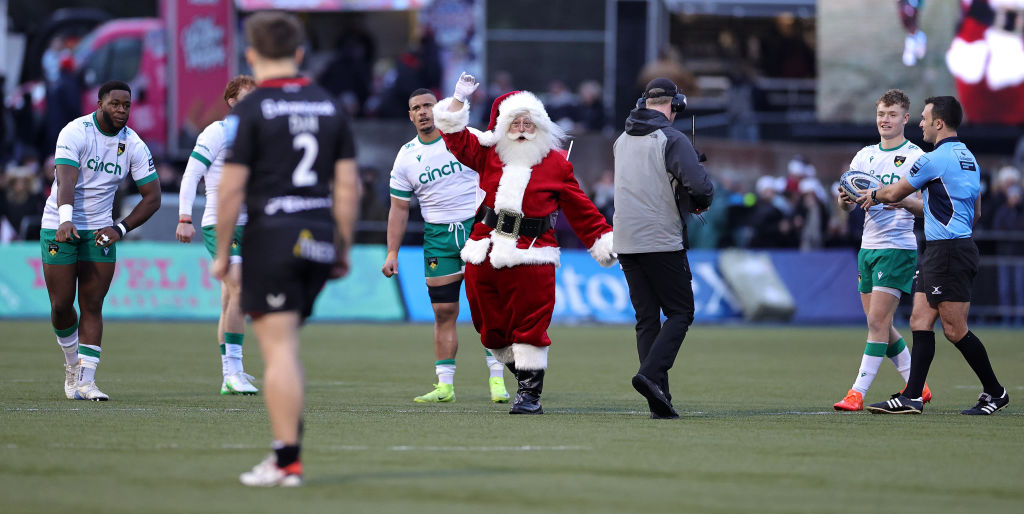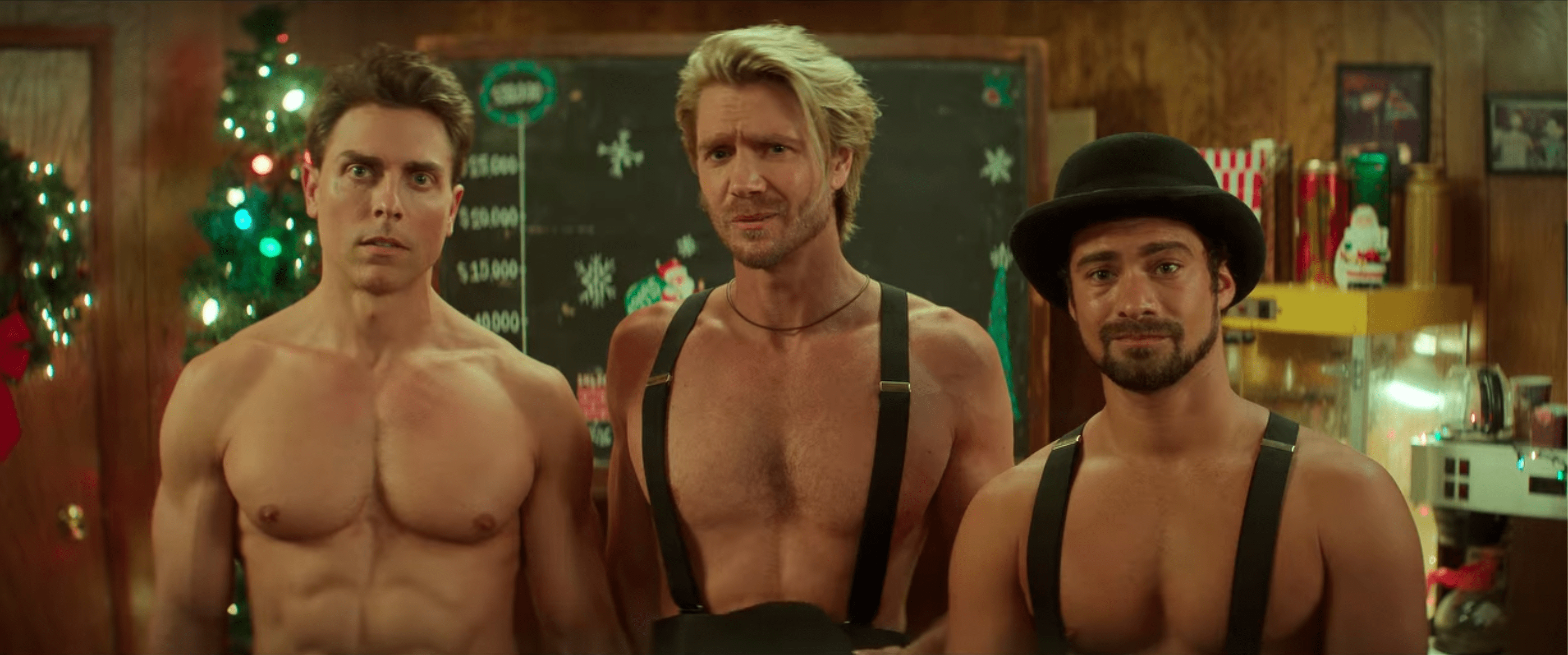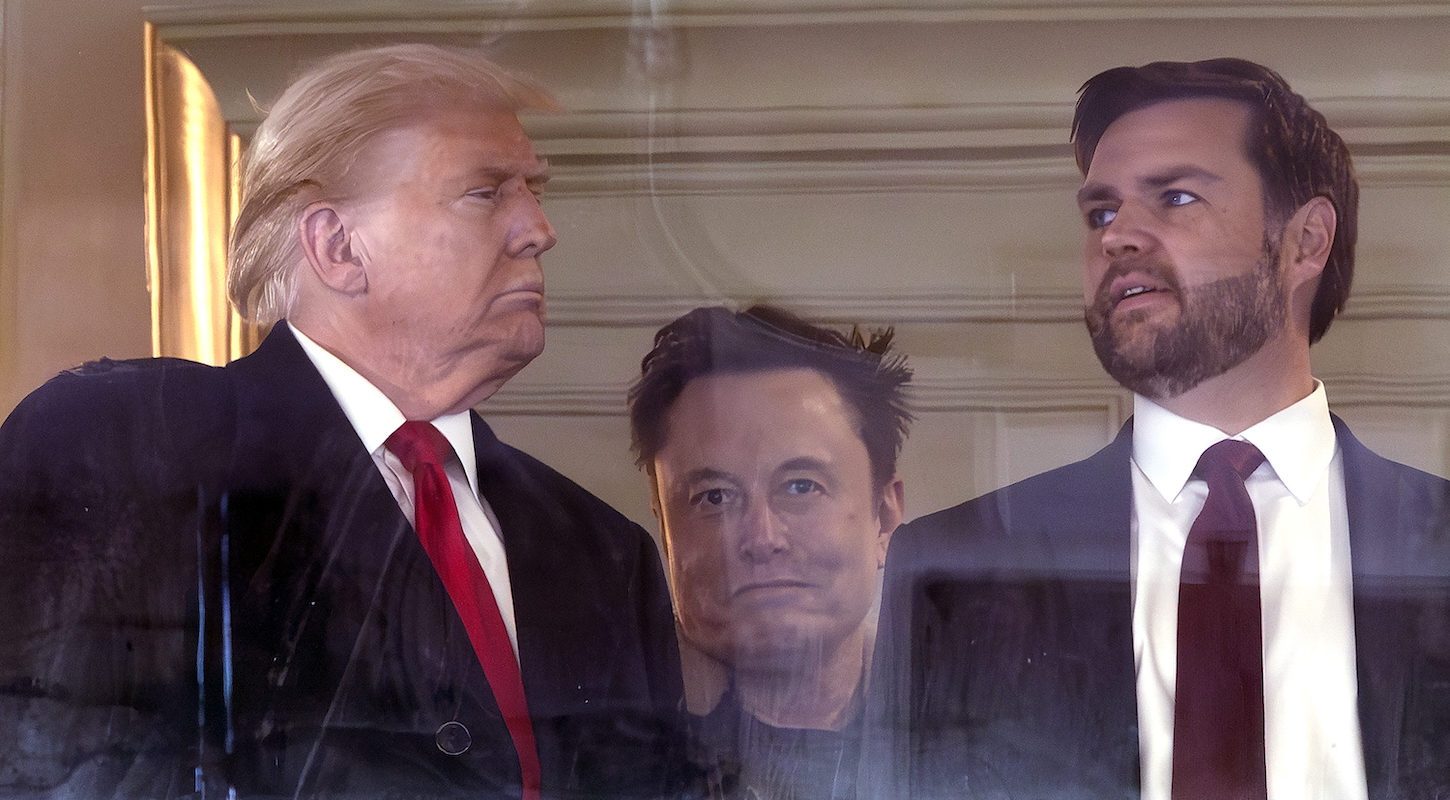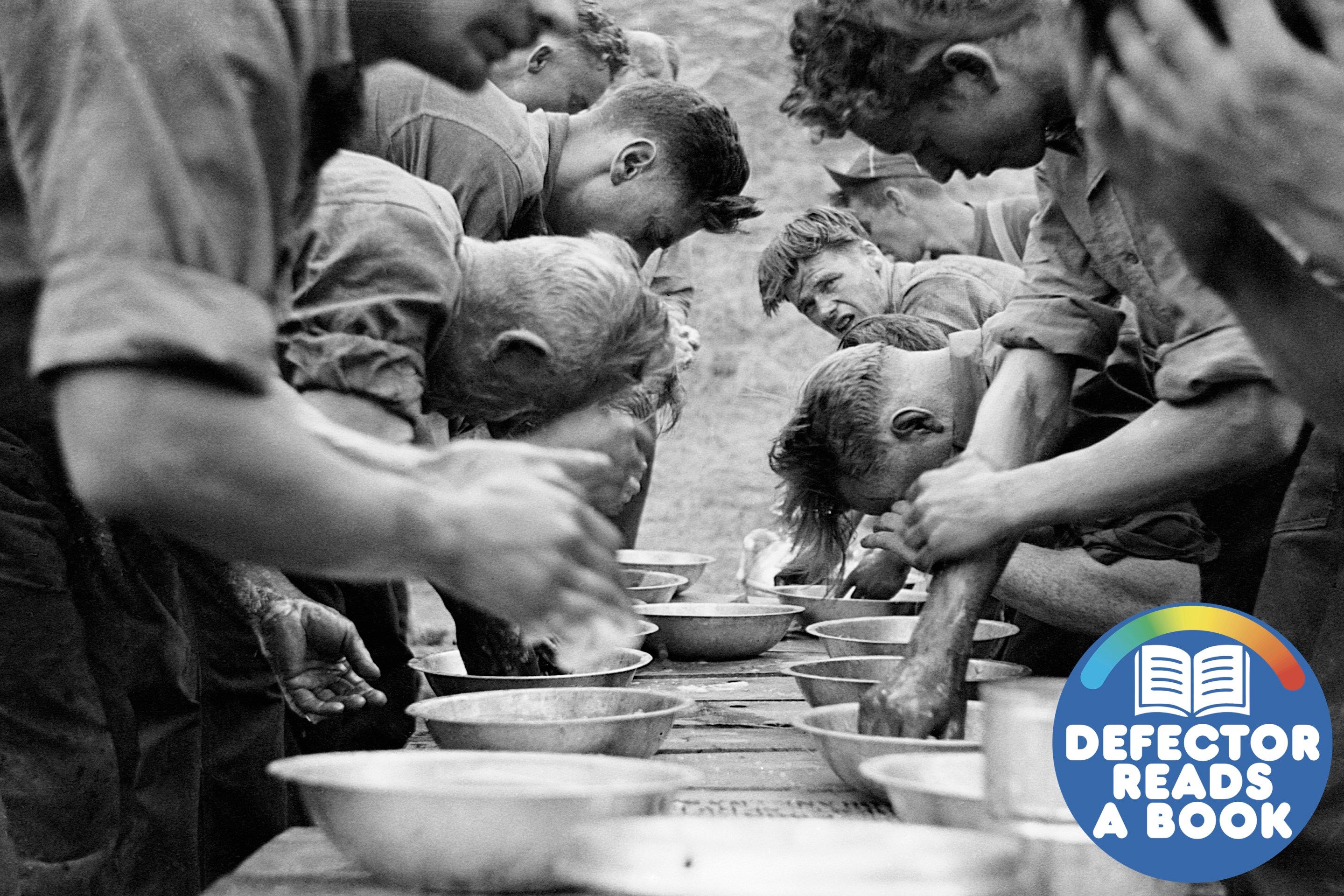Clare benefited from a no-call for the ages as time expired in the second extra period to win the 2024 All-Ireland championship by a single point over Cork. In the end, it was Clare 3-29 Cork 1-34, in what will be remembered as the greatest match in the history of hurling, or at least in the last two weeks.
A last-second shot by Cork attacker Robbie O’Flynn from about 20 yards out went wide right. Replays showed Clare defender Conor Leen tugging violently enough on O’Flynn’s jersey to warrant a free, which would have almost certainly resulted in a tying point for Cork and forced a replay next weekend. But referee Johnny Murphy, as he had for most of the thrill-a-minute match, kept his lips off his whistle and let the play stand before calling full-time. No-call and all, the match was hailed as an instant classic.
With the win, Clare took home its first Liam MacCarthy Cup since 2013 and only its fifth in the history of the All-Ireland tournament, a competition that dates back to the 1880s for teams from 32 Irish counties (26 in the Republic of Ireland, plus the six that were stolen by fading English imperialists that make up what is now Northern Ireland). Cork had qualified for the 2024 final by upsetting the dynastic hurlers from Limerick in an All-Ireland semi on July 7. That Cork–Limerick match, in which the Rebels ended the Treaty County’s drive to win an unprecedented fifth consecutive hurling championship, inspired the same sort of greatest-ever dialogue as yesterday’s final.
Both teams provided memorable moments aplenty throughout the back-and-forth proceedings. Among the most momentous: In the 11th minute, Cork’s Rob Downey caught a puckout from Clare goalie Eibhear Quilligan on his own side of the pitch and started sprinting goalward. Downey surprised Clare defenders and the 83,000-plus fans inside a packed Croke Park and likely even his teammates by not stopping his run or passing the sliotar until he’d blasted it into the back of the net.
Clare captain Tony Kelly cemented his already stout all-time-great bona fides with a goal for the ages of his own midway through the second half. Kelly, now 30 years old, was a can't-miss kid as a teen who’d won both Hurler of the Year and Young Hurler of the Year as a 19-year-old in 2013, Clare’s last championship season. His destiny is now manifest. With the teams level, 2-15 to 1-18, Kelly weaved his way through traffic while bouncing the puck on his hurley, a stupid human trick all by itself. Kelly first tapped the sliotar to himself over a defender’s head, and then tapped it over the goalie’s head and into the net. The goal was so stupendous that Kelly would likely have been a contender for coveted Man of the Match honors. With Clare's win, he was a cinch.
The Irish take their words as seriously as their games. And postgame speeches were indeed a match for the match. Kelly didn’t hold back how glorious the events of the day made him feel. “That’s the greatest thing I’ll ever do,” Kelly told an interviewer from Irish network RTE just after the full-time whistle. There was no doubt he meant what he said.
“I could do Yeats injustice here,” former Cork hurler turned RTE pundit Dónal Óg Cusack said in his gloriously thick brogue as a package of Kelly highlights played, “but how do we know the dancer from the dance?”
Gaelic Athletic Association President Jarlath Burns also met the moment when he took to the Croke Park PA system for the presentation of the Liam MacCarthy Cup to Clare. The match was streamed internationally by the GAAGo service, and was also broadcast by the BBC. Burns spoke not only to the Croke Park faithful, but also to the world.
“I have a message for those that are watching who have never seen hurling before: This is our culture!” Burns said. “Our players are volunteers! They will be playing for their [local] clubs next week! They play for the love of their county and their parish!”
Burns used his briefly massive platform, along with loads of passion and eloquence, to address an anti-immigration movement making waves of late. Several fires were set during anti-immigrant violence last week just three miles from Croke Park in the Coolock section of Dublin. Workers and police were injured by petrol bombs thrown trying to stop a government project to convert a former paint factory into housing for asylum seekers. Ireland has historically had only emigration issues, related mostly to the impact of British imperialism: The country’s population only caught up to 1840s levels a couple years ago. But a loud anti-immigrant movement popped up since Ireland took in more Ukraine refugees per capita than any other Western European nation. One watchdog group said there have been at least 20 incidents of arson at government housing projects intended for the newcomers. (A leading fomenter of the anti-immigrant sentiment is Conor McGregor, a mean person and very occasional MMA fighter who has won one bout since 2016.)
The GAA was formed in the late 19th century to use homegrown sports like hurling to preserve Irish culture and foster Irish nationalism in the face of British occupation and oppression. But here was the head of the GAA reacting to nationalism run amok, and making it clear that the folks now being bullied in Ireland were forced to leave their homeland to escape oppression, just as generations of Irish were. Burns never specifically mentioned the Coolock violence, but his intent was clear, and the decision to not stick to sports turned a trophy presentation speech into the Gettysburg Address of hurling.
“For those people who are our diaspora, who left this country because of war and famine, or your ancestors who had to leave it, we are thinking of you today as you watch us,” Burns said. “You are in Croke Park today, if not in body but in spirit. And we thank the countries who took you in and gave you jobs and allowed you to make a new name for yourselves with our native games.”
Burns will be back at Croke Park next Sunday along with another full house to see Galway and Armagh play for the All-Ireland Football Final. Expect another cracker.
